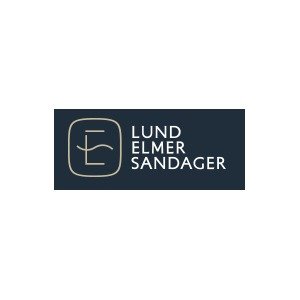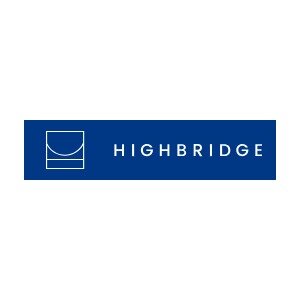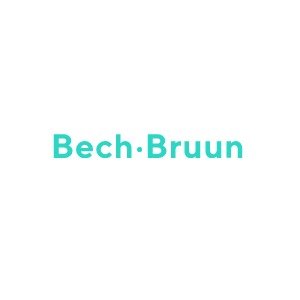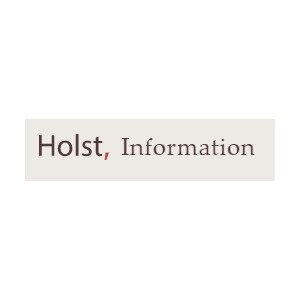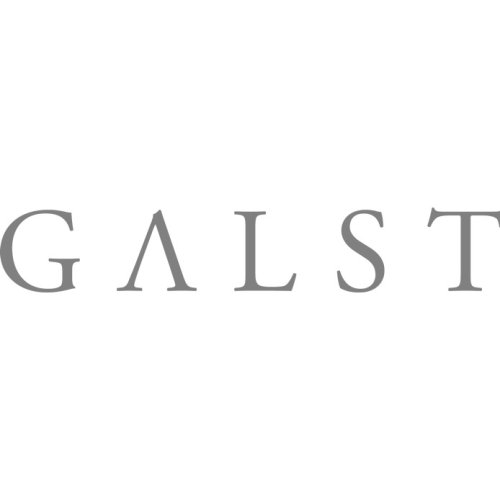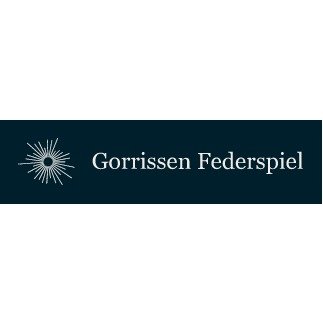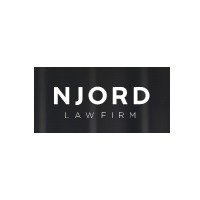Best Renewable & Alternative Energy Lawyers in Copenhagen
Share your needs with us, get contacted by law firms.
Free. Takes 2 min.
List of the best lawyers in Copenhagen, Denmark
About Renewable & Alternative Energy Law in Copenhagen, Denmark
Copenhagen is a global leader in green innovation and sustainable energy. The city has set ambitious goals to become carbon neutral by 2025, making renewable and alternative energy a key focus area. Denmark's legal framework supports wind, solar, bioenergy, and other renewables, creating robust opportunities and specific legal obligations for individuals, investors, and companies operating in this sector. Renewable & Alternative Energy Law covers regulations, permits, contracts, funding, compliance, and environmental impacts connected to the development, implementation, and use of clean energy in Copenhagen.
Why You May Need a Lawyer
Engaging in renewable or alternative energy projects involves more than technical expertise-it often requires navigating complex legal frameworks. Here are some common situations where legal guidance is essential:
- Acquiring or leasing land for wind or solar installations
- Negotiating contracts with energy suppliers, distributors, or technology providers
- Submitting permit applications and ensuring regulatory compliance
- Securing government incentives, grants, or subsidies
- Resolving disputes over property rights, grid connections, or performance issues
- Managing environmental impact assessments
- Forming partnerships or joint ventures in the energy sector
- Handling intellectual property and licensing for green technology
A knowledgeable lawyer can help identify risks, ensure compliance, and protect your interests throughout your renewable energy project.
Local Laws Overview
Renewable & Alternative Energy in Copenhagen is governed by both Danish national law and EU directives. The primary legislation includes the Danish Renewable Energy Act, Promotion of Renewable Energy Act, Electricity Supply Act, and Environmental Protection Act. Key regulations pertain to:
- Planning and zoning permissions specific to energy projects
- Grid connection and energy distribution rules
- Financial incentives such as feed-in tariffs and grants
- Requirements for public consultation and environmental assessments
- Energy market liberalization and rights of consumers and producers
- Mandates for integrating renewables in new and existing buildings
Municipal authorities in Copenhagen also set additional policies to support climate action, making local legal expertise especially valuable.
Frequently Asked Questions
What kinds of renewable energy projects are most common in Copenhagen?
Wind power, solar energy, and district heating based on bioenergy are most prominent. Offshore and onshore wind farms, rooftop solar panels, and biomass plants are frequently developed.
Do I need permits to install solar panels or wind turbines in Copenhagen?
Yes, permits are generally required for larger installations, especially wind turbines. Smaller solar panel setups on private homes may need to comply with building and zoning rules.
Are there government incentives for renewable energy projects?
Yes, Denmark offers various grants, feed-in tariffs, loan guarantees, and other incentives to encourage investment in renewable energy. Eligibility and application processes depend on project type and location.
Who regulates renewable energy in Copenhagen?
Regulation is shared by the Danish Energy Agency, municipal authorities in Copenhagen, and national environmental agencies. EU-level rules also apply.
What is the process for connecting a renewable energy project to the grid?
You must apply for grid connection through the local distribution system operator, meet technical standards, and enter into agreements regarding energy supply and tariffs.
What environmental assessments are needed for renewable energy projects?
Most significant projects require an Environmental Impact Assessment addressing impacts on nature, noise, visual appearance, and local communities. Smaller projects may be subject to less rigorous assessments.
Can I sell electricity generated from my renewable energy project?
Yes, individuals and companies can sell surplus electricity back to the grid, subject to specific contracts and compliance with national and local regulations.
What legal issues might arise with neighbors or local residents?
Concerns about noise, aesthetics, or land use can lead to objections or disputes. Early consultation and compliance with public hearing requirements are essential.
How does intellectual property law impact renewable energy businesses?
Patents, trademarks, and licensing agreements are critical for protecting new green technologies and business models. Legal counsel helps secure and enforce your rights.
What should I look for when choosing a lawyer for renewable energy matters?
Select someone with expertise in energy law, experience with local regulations in Copenhagen, and a strong track record in renewable energy projects. Familiarity with both Danish and EU laws is crucial.
Additional Resources
Several organizations and agencies can provide more information or assistance relating to renewable and alternative energy in Copenhagen:
- Danish Energy Agency (Energistyrelsen) - Offers guidance on regulation, permits, and incentives
- Copenhagen Municipality (Københavns Kommune) - Provides local rules and project support
- Danish Nature Agency - Addresses environmental approvals and assessments
- Copenhagen Capacity - Connects investors and businesses with renewable energy opportunities
- State of Green - Shares knowledge and networking for green solutions
- Danish Board of Technology Foundation - Public engagement and policy insights
Next Steps
If you need legal advice or representation regarding renewable and alternative energy in Copenhagen, consider these actions:
- Identify the specific legal issue you are facing, such as permitting, contracts, or compliance
- Gather relevant documents, project plans, and correspondence
- Contact a lawyer specialized in renewable energy law and familiar with Copenhagen's regulations
- Prepare your questions about timelines, costs, and possible outcomes
- Stay informed through reputable sources and local authorities
- Seek early legal advice to avoid costly delays or disputes during project planning and implementation
Navigating the legal landscape of renewable & alternative energy in Copenhagen can be complex, but with the right information and professional guidance, you can pursue your sustainability goals with confidence.
Lawzana helps you find the best lawyers and law firms in Copenhagen through a curated and pre-screened list of qualified legal professionals. Our platform offers rankings and detailed profiles of attorneys and law firms, allowing you to compare based on practice areas, including Renewable & Alternative Energy, experience, and client feedback.
Each profile includes a description of the firm's areas of practice, client reviews, team members and partners, year of establishment, spoken languages, office locations, contact information, social media presence, and any published articles or resources. Most firms on our platform speak English and are experienced in both local and international legal matters.
Get a quote from top-rated law firms in Copenhagen, Denmark — quickly, securely, and without unnecessary hassle.
Disclaimer:
The information provided on this page is for general informational purposes only and does not constitute legal advice. While we strive to ensure the accuracy and relevance of the content, legal information may change over time, and interpretations of the law can vary. You should always consult with a qualified legal professional for advice specific to your situation.
We disclaim all liability for actions taken or not taken based on the content of this page. If you believe any information is incorrect or outdated, please contact us, and we will review and update it where appropriate.



